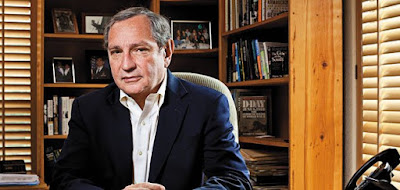Julian Assange is an interesting person, certainly intelligent and also just a bit strange. That said, he had a cause he believed in and he pursued the release of classified documents with care. He employed The Guardian, The New York Times and other publications to vet and publish the documents in a safe manner. It was chiefly the newspapers that insisted and carried out the redaction of names and details that could possibly put innocent peoples lives in danger.
Obviously what Assange wanted to do was to expose the questionable actions of the United States and other countries. What was surprising was how unsurprising the details were. Perhaps we've been conditioned to expect these kinds of dirty deeds from the movies and books but it is sad and depressing to discover the truth of it.
It was interesting to discover how this level (governments and geopolitics) of society operates. They seem unstoppable but with whistle-blowers like Assange and Snowden light is shined onto these secret dealings and perhaps change can be made.
Ultimately I just found the knowledge of this kind of power and how it is expressed, depressing. We will never - ever - progress as a species if we keep killing and suppressing each other.
Being a science fiction reader I am constantly surprised how all we do is look at ourselves and all of our attention is focused inward and just on this planet. If we could turn our gaze to the stars we'd discover that we are very much alone in the wilderness and need each other. Imagine the possibilities for advancement if we focused our energies on expanding outwards.
By reading this kind of stuff I realise that we are very far away from the future of my imagination. Thank God there are people like Elon Musk and Peter Diamandis who are trying to blaze trails despite how the world is run today. These guys are the true visionaries.
Is it worth reading?
Yes. If anything it should motivate people to help change the world in any way they feel best. Protest, invent, live, change - anything will help to inspire others and to erode this backward and power-hungry world.
 |
| David Leigh |
 |
| Luke Harding |




